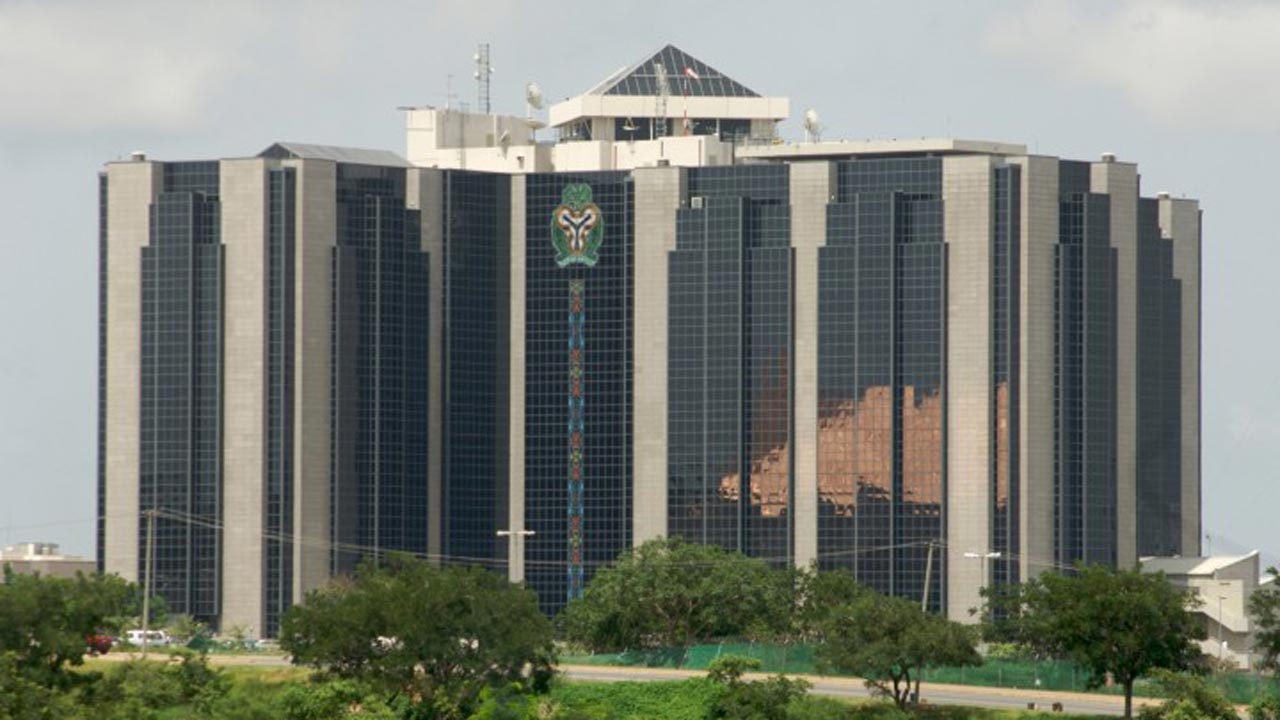
Members of the Monetary Policy Committee (MPC) have applauded the Central Bank of Nigeria (CBN) decision to raise the Loan to Deposit Ratio of the nation’s banks, which they noted has given the economy the much needed boost.
According to personal comments of the MPC members at their regular meeting in July published on Wednesday by the apex bank, in the 12 months between June 2019 and June 2020, total bank credit to the domestic economy jumped by N3.46tr or 22% to N18.9tr.
Of this amount, new credit in June 2020 alone accounted for N773bn, up from N412.7bn in the prior month, even as “the number of new credits (recipients) similarly rose by about 42,000 to 93,578 from 51,700 in May.
According to Edward Adamu, deputy governor of the CBN and member of the committee, “the huge credit output in the economy was underpinned by improved resilience of the banking system.”
Most financial soundness indicators (FSIs), he continued, performed well relative to regulatory benchmarks, including capital adequacy ratio (CAR) of 14.96%; non-performing loans (NPLs) ratio, 6.4% from 11.2% in May 2019; and provision ratio of 118.9%.
The new credit, Godwin Emefiele, CBN Governor and chairman of the MPC added in his own personal comment, flowed into sectors like manufacturing, consumer credit, general commerce, ICT, and agriculture, illustrating “the continued potency of CBN’s LDR policy.”
Despite the increasingly fragile global macro-financial condition and rising domestic credit, he said the Nigerian banking sector remained largely resilient even as there is need to sustain “credit flows to the private sector, especially at this critical time when the productive machinery of the economy needs liquidity support to prop domestic supply.
“To help local firms cushion the consequences of the pandemic, the CBN is working with banks to restructure lending and grant increased forbearance to businesses which require such to survive.
“The CBN will continue its drive to de-risk lending and increase targeted intervention to strategic high impact private sector ventures through effective collaboration of all stakeholders, especially on the backdrop of the imminent economic downturn,” he stressed further.
Giving a further breakdown, Aishah Ahmad, another CBN deputy governor agreed on the resilience of the banking sector with regulatory support with a marked increase in the number of restructured loans.
As of July 20, 2020, she continued, “22 banks submitted requests to restructure 35,639 loans of businesses impacted by the pandemic, representing 41.92% of the total industry loan portfolio.”
Industry net interest margin, she said, “remains robust despite lower interest income, perhaps due to much lower industry interest expense, as market deposit rates continue to decline.”
Prof. Mike Obadan, a member of the committee, in his own comment urged the Federal Government, as a way of complimenting the monetary policy effort, called for an amendment “to the Fiscal Responsibility Act (FRA) 2007 to provide for an effective method of determining remittances by MDAs to the Consolidated Revenue Fund (CRF).”
As an example, he called for an amendment to “Section 22(1) and (2) of the FRA to require Ministries Departments and Agencies (MDAs) to deposit at least 25% of their revenue into the CRF instead of 80% of their operating surplus which they arbitrarily determine.
“This will improve availability of funds for financing government activities and reduce fiscal deficits and massive borrowings,” he added, in addition to reforms that would reduce fiscal deficits, especially public expenditure.
“This is one key driver of the high cost of governance which stakeholders have continued to decry. The issue of inefficient spending and high cost of governance needs to be frontally addressed by the government,” he stressed.
Kingsley Oborah, another CBN deputy governor noted the impact of the various monetary and fiscal stimulus packages to keep the Nigerian economy afloat despite the lockdown occasioned by the Coronavirus pandemic across the globe.















